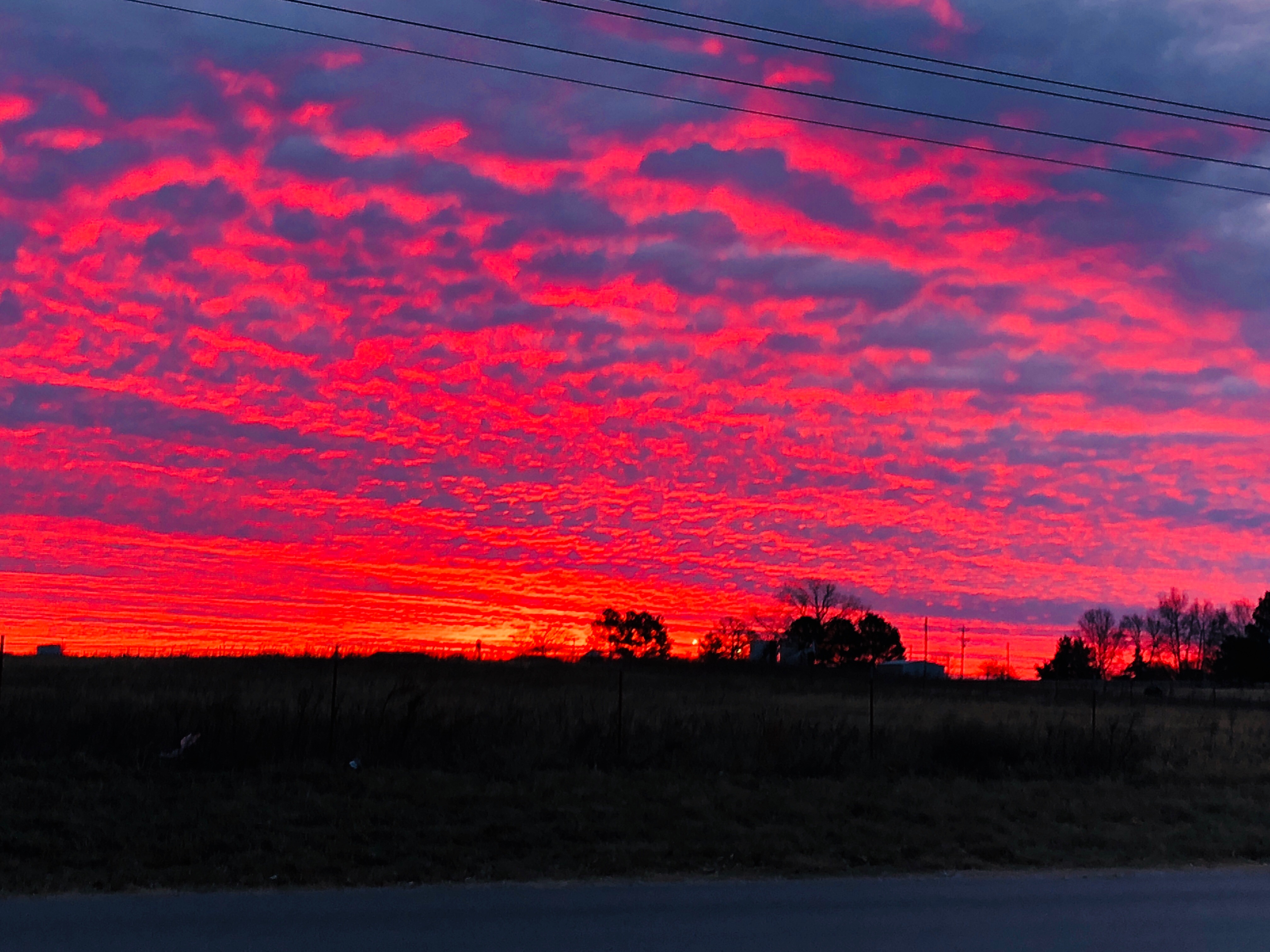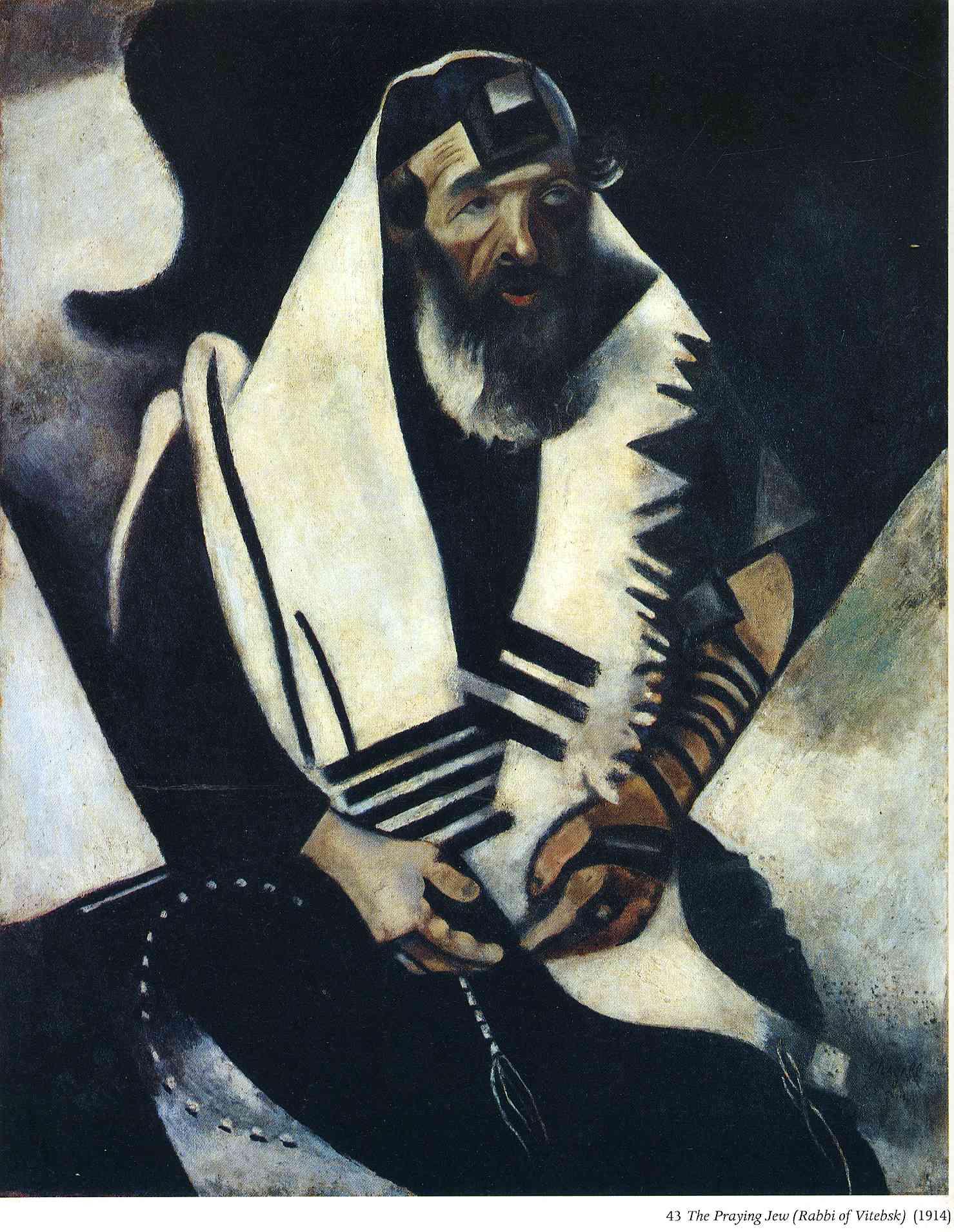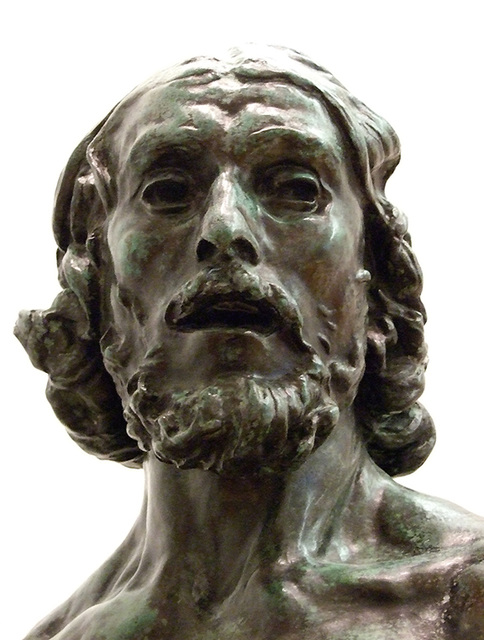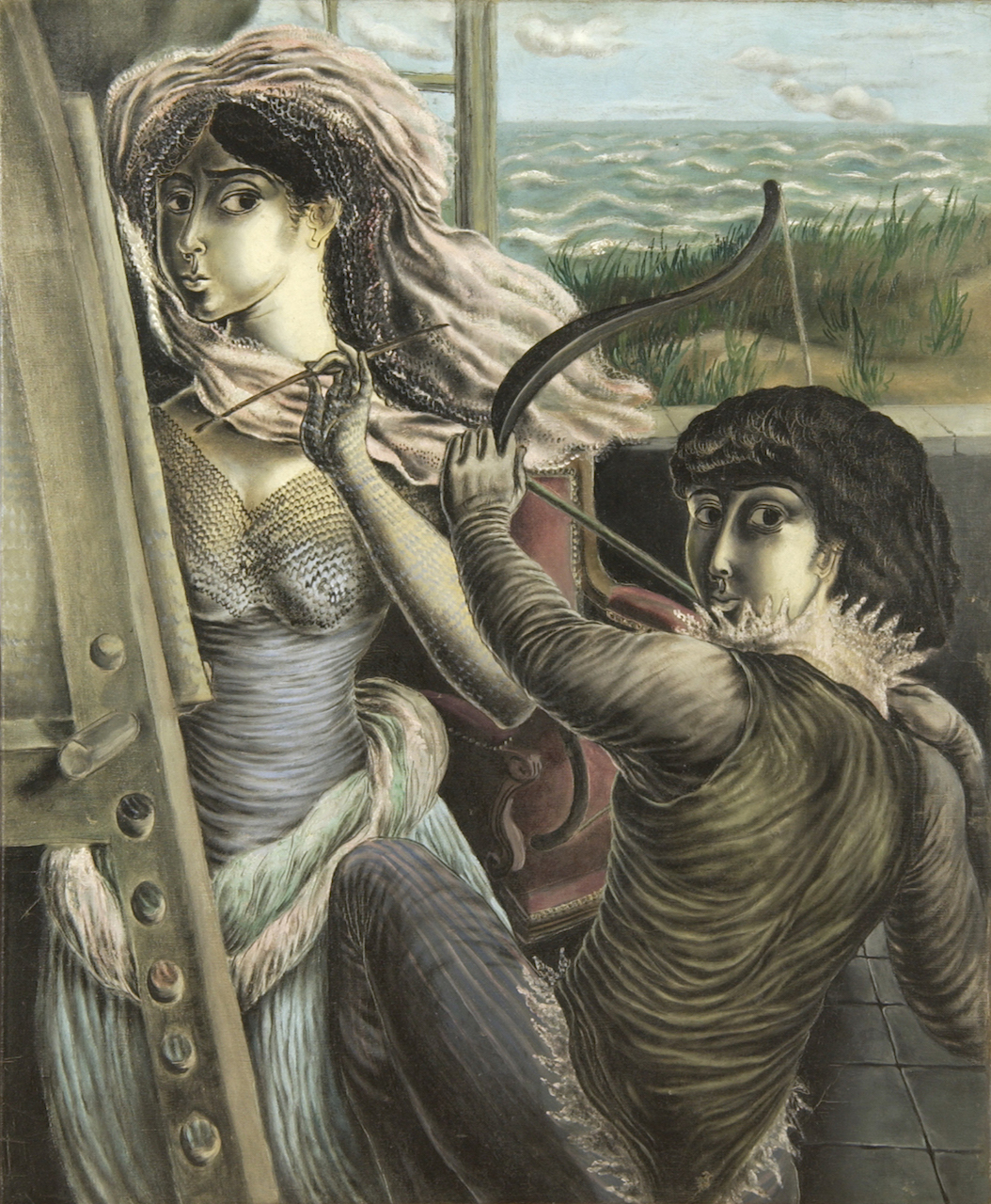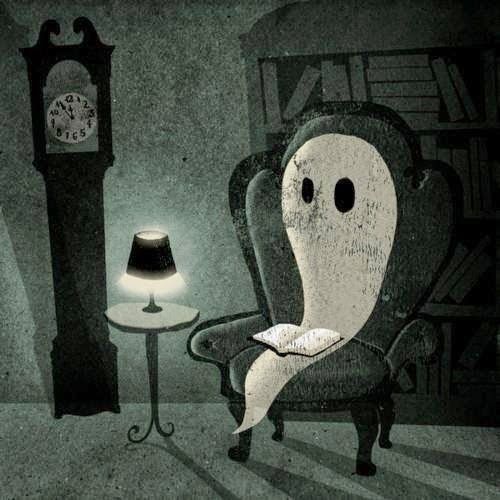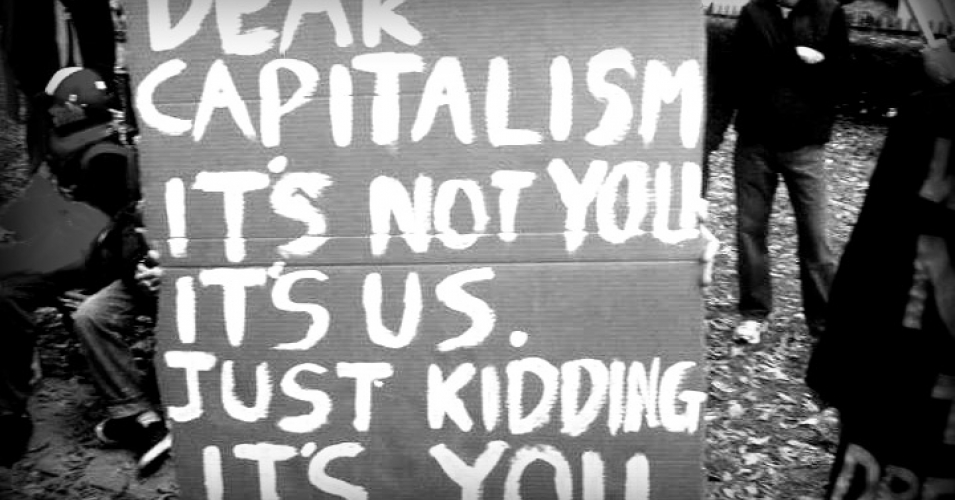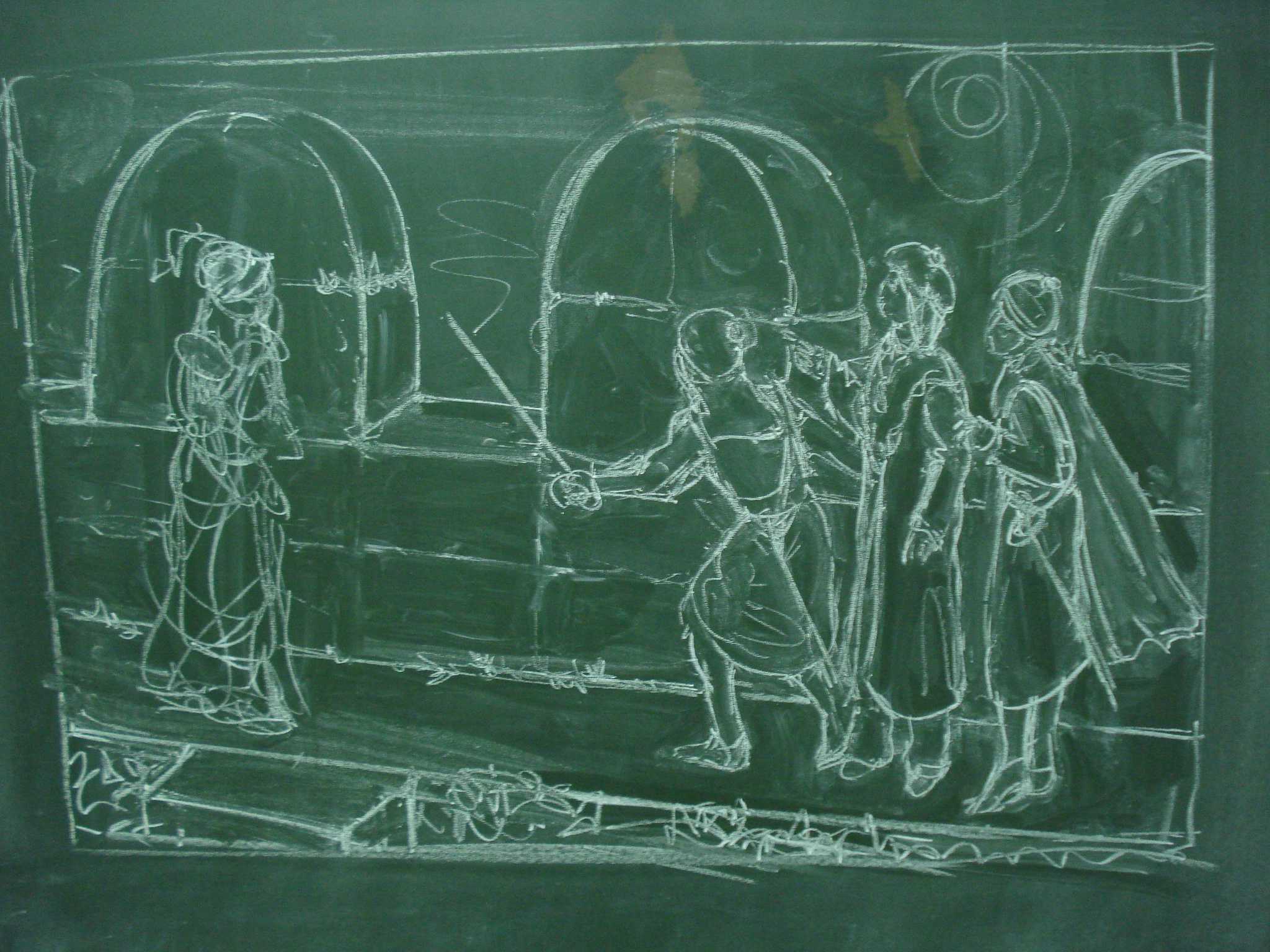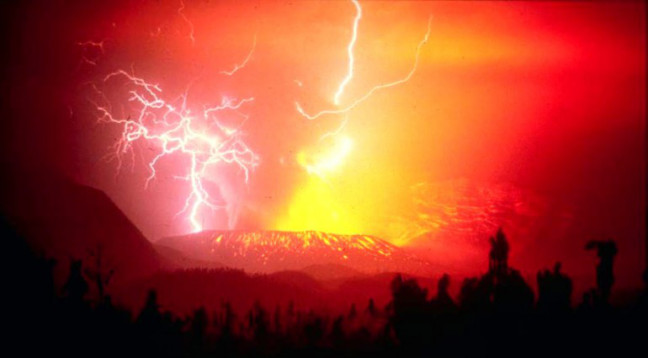The following is the first part in a two-part installment. Biblical hermeneutics, studied reflection upon interpretation of scriptural passages, has not remained static in method or approach over the centuries. It has manifestly evolved in response to evolving cultural forces generally, as the needs and opportunities of Christian communities have changed and changed again over […]
Tag: Jacques Derrida
Prayer After the Death of God, Part II (Ashley [Gay] Graham)
The following is the second part in a two-part installment. The first part can be found here. III. Prayer As Confession: Thinking in love This abandonment is not a permanent void; rather, it demonstrates the Eckhartian notion of leaving behind beings not because they are insufficient, but because they are allusions, traces, references to love.[1] […]
Prayer After The Death Of God, Part I (Ashley [Gay] Graham)
The following is the first part in a two-part installment. Metaphysics is onto-theo-logy. Someone who has experienced theology in his own roots, both the theology of the Christian faith and that of philosophy, would today rather remain silent when speaking in the realm of thinking. – Martin Heidegger, “The Onto-theo-logical Constitution of Metaphysics”[1] …if there […]
John the Possibilizer: The Promise of a Kearnian Baptismal Hermeneutic, Part II (Eric Trozzo)
The following is the second part in a two-part installment. The first part can be found here. A Kearnian Reading of the Lukan John In Kearnian terms, then, the John portrayed by Luke is one who has a special, though not as paradigmatically unique as Jesus’, openness of persona to the God of possibility. Might […]
Traversing W.H. Auden’s Religious And Aesthetic States, Part 1 (Raji Singh Soni)
The following is part one of an article that will be published in three successive installments. TRINCULO Servant-monster! The folly of this island! They say there’s but five upon this isle: we are three of them; if th’other two be brained like us, the state totters.[1] In the expanse of scholarship on W.H. Auden’s oeuvre, […]
Review – Caputo’s “Spooky” Call To Theology (Rob Kennedy)
Caputo, John D., Moody, Sarah, and DeLay, Tad., It Spooks: Living In Response To An Unheard Call. Rapid City SD: Shelter50 Publishing Collective, 2015. ISBN-10: 0986249505. Paperback. 260 pages. In It Spooks John D. Caputo continues his investigation into the theoretical possibilities of combining deconstruction with Judeo-Christianity. This time Caputo has brought along for the journey many […]
Time Emptied And Time Renewed – The Dominion Of Capital And A Theo-Politics Of Contretemps, Part 1 (Daniel Rhodes)
The following is the first installment of a three-part series. In his long-awaited interjection into the debates on the future of Marxism after the collapse of Soviet state communism, Jacques Derrida introduces the notion of contretemps.[1] It is a concept that appears amid his call for a New International to bear the legacy of critique […]
Jesus’ Ghost – Derrida, Christianity, and “Hauntology” – Part 1
Jesus, who was concerned till manhood with his own personal development, was free from the contagious sickness of his age and his people; free from the inhibited inertia which expends its one activity on the common needs and conveniences of life; free too from the ambition and other desires whose satisfaction, once craved, would have […]
Review – Carl Raschke’s Force of God Hammers Out A Political Theology Of Insurrection/Resurrection For Our Times
Raschke, Carl. Force of God: Political Theology and the Crisis of Liberal Democracy. New York: Columbia University Press, 2015. ISBN-978-0231-17384-1. Hardback, e-book. 202 pages. Carl Raschke’s Force of God: Political Theology and the Crisis of Liberal Democracy is a provocative book, and it is likely to make some readers uncomfortable. Raschke is himself aware […]

